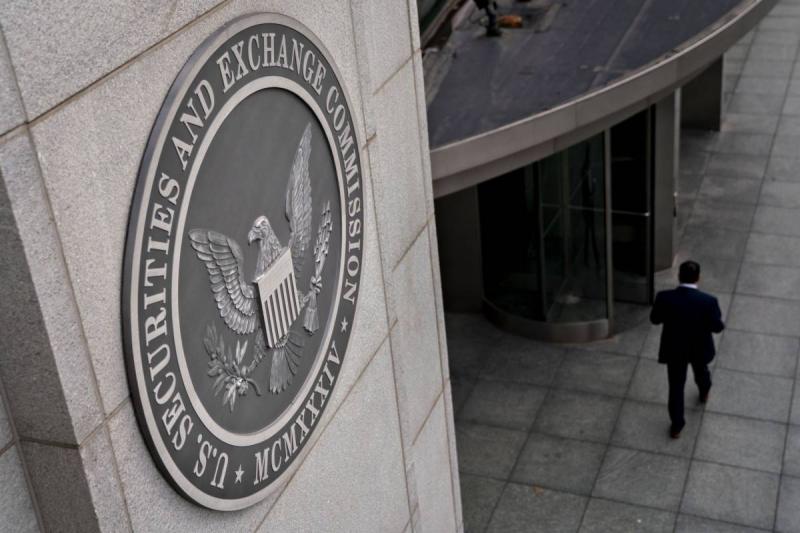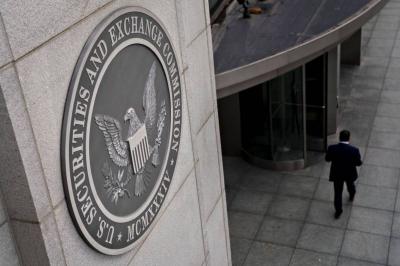The U.S. Securities and Exchange Commission (SEC) has suspended the initial public offerings (IPOs) of Chinese companies until risk disclosure procedures for investors in those stocks are enhanced, in response to Beijing's crackdown on the private sector. SEC Chairman Gary Gensler stated that recent actions taken by the Chinese government, including its announcement of enhanced security reviews for companies seeking to list their shares on foreign exchanges, are "relevant to American investors." Gensler asked SEC staff to seek additional disclosures from Chinese companies before signing their registration statements for stock offerings.
In a statement on Friday, Gensler emphasized that such disclosures are essential for making informed investment decisions and are central to the SEC's mandate to protect investors in U.S. capital markets. It is noted that China's campaign to suppress companies, including preventing a number of private education firms from targeting profits, has led to dramatic sell-offs in stocks, as investors rushed to reassess the extent to which the government would tighten its grip on the economy. Since February, losses in Chinese technology and education stocks have surpassed one trillion dollars.
**Congressional Pressure**
The SEC has faced significant pressure from Congress to increase scrutiny of Chinese companies after shares of Didi Global Inc. fell following its IPO in the U.S. this month. China announced an immediate security review of the ride-hailing company after its listing and prohibited it from adding new customers. American lawmakers have urged the SEC to investigate whether Didi was aware of the steps being considered by China and whether it concealed these risks from American investors.
**Lucrative Listings**
There is no doubt that Chinese listings in New York have been a popular source of revenue for Wall Street banks that underwrite the deals. This year is already the second-best on record for such listings, with companies raising no less than $15.7 billion so far (more than the total amount in 2020), according to data collected by Bloomberg. However, China proposed new rules earlier this month requiring nearly all companies seeking to list their shares in foreign countries to undergo cybersecurity reviews, a move that would significantly enhance its oversight. This tightened grip has disrupted the IPO plans of many Chinese startups that flocked to the United States due to its deeper financial markets, more streamlined listings, and broader investor base.
Among the casualties of the Chinese campaign is Hello Inc., a giant bike-sharing company, which stated earlier this week that it has officially canceled its plans for an IPO in the U.S. The company is backed by Chinese tech tycoon Jack Ma, who owns Ant Group.
Gensler raised specific concerns in his statement regarding so-called Variable Interest Entities (VIEs), which Chinese companies commonly use to list in the U.S. He noted that American investors may not realize they are actually buying shares in shell companies often based in the Cayman Islands, which enter into service agreements with Chinese companies, rather than purchasing direct stakes in the Chinese firms themselves.
**Relationship with the Chinese Government**
Gensler asserted that companies must also disclose that future actions taken by the Chinese government "could significantly affect" their financial performance. He called for disclosures from Chinese companies wishing to list in the U.S. to include whether Chinese authorities denied permission for the operating or issuing company to sell shares on U.S. exchanges and the potential for delisting if companies do not comply with U.S. laws requiring them to allow American regulators to inspect their audits.
Additionally, he requested detailed financial information so that investors can understand the financial relationship between the variable interest entities and the issuing company. Gensler separately asked SEC officials to conduct targeted reviews of applications from companies with significant operations in China.




